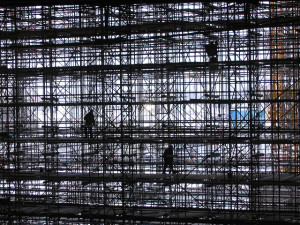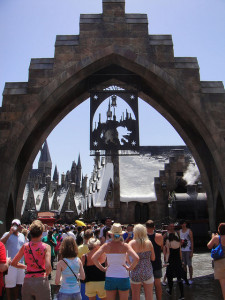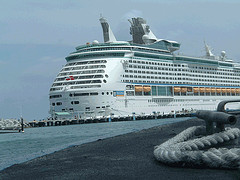Our Florida Injury Lawyers at Whittel & Melton would like to wish everyone a very happy Fourth of July! The Fourth of July holiday is usually centered around fun, and many of us celebrate the long weekend with friends and family, but like many other holidays, risks of accidents and injuries tend to increase during this time.
To help you keep yourself and your loved ones safe this weekend, we would like for everyone to review the below safety tips:
Many people around the state of Florida want to light of a few fireworks of their own, regardless of the fact that Florida law prohibits any fireworks that fly through the air or explode — such as Roman candles, bottle rockets and mortars — for recreational use. If you plan to light off your own, remember these important tips:
- Always follow instructions and never provide fireworks to small children.
- Use fireworks in a safe area and never throw or point fireworks toward people, vehicles, structures, or flammable materials.
- Do not light multiple fireworks at once and never attempt to relight a “dud” firework that did not go off the first time.
Sadly, drunk driving accidents, injuries, and deaths are consistently high during Fourth of July weekend. If you plan on celebrating ‘Merica’s Birthday with a few cocktails, make sure to drink responsibly or plan a safe ride home. Designate a sober driver, or call a cab or transportation service like Uber or Lyft. Remember, law enforcement officers will be on the lookout for drunk and/or drugged motorists.
Barbecues are always a Fourth of July staple. Did you know that numerous people suffer injuries when barbecuing on charcoal and gas grills? Make sure to never grill indoors, refrain from adding lighter fluid when charcoal has already been ignited, and always follow instructions.
It’s hot in Florida! Most Floridians and visitors to our state will be by the beach, lake, or enjoying the water at backyard pool parties this weekend. When having fun near or in the water, safety should be your top priority. Adults should always supervise children and you should drink responsibly, as well as have an emergency action plan in case something goes awry.
 Florida Personal Injury Lawyers Blog
Florida Personal Injury Lawyers Blog





